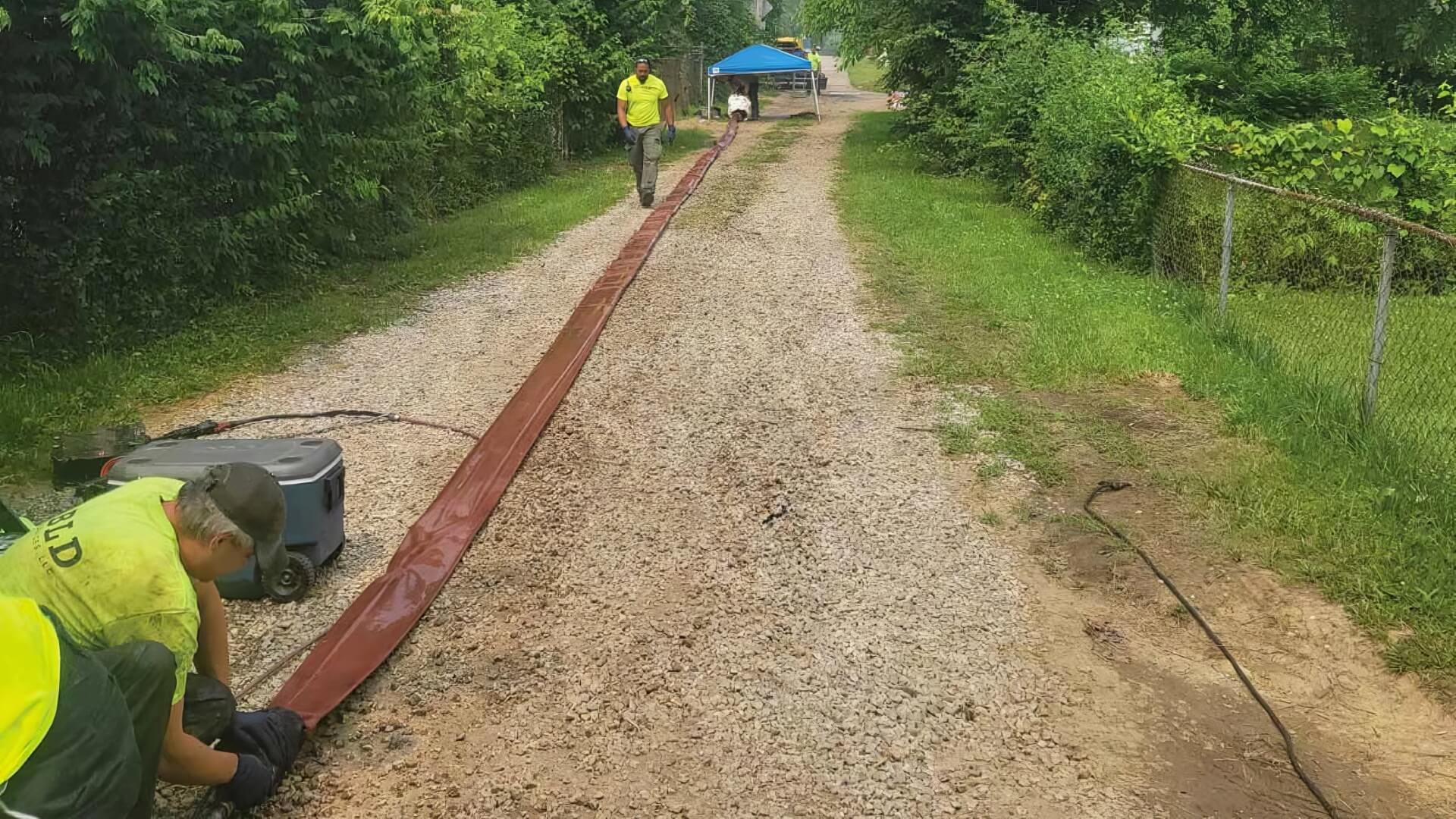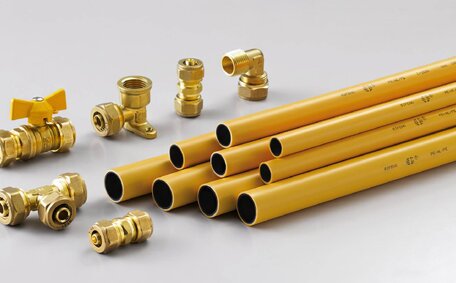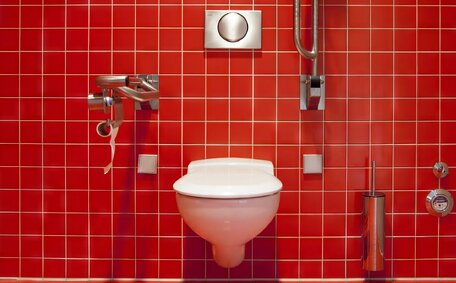Introduction: Benefits of Preventing Plumbing Emergencies
Plumbing emergencies can be significantly stressful and costly.
Undertaking regular plumbing maintenance saves time, money, and inconvenience. Routine pipe inspections, timely leak repairs, and regular drain cleaning effectively reduce the risk of major plumbing issues.
Some of the key advantages of averting plumbing emergencies include:
- Avoiding expensive emergency plumber call-outs and repairs. A burst pipe or sewer backup can not only damage your finances but also damage your home, running into thousands of dollars to fix.
- Preventing disruptions to your household from loss of your water heater functioning, backed up toilets, or flooding.
- Reducing the risk of catastrophic damage from burst pipes or leaks is crucial.
- Promptly fixing minor drips and leaks can result in substantial financial savings.
- Maintaining free-flowing drains reduces the risk of clogs that could escalate to overflows or sewer backups.
In essence, consistent maintenance can help instil peace of mind, securing the knowledge that your plumbing system functions safely and efficiently. It also protects one of your home’s most essential assets - reliable water supply and drainage. By managing your plumbing needs, you can avoid troublesome situations in your home.
Conduct Regular Maintenance and Inspection
Inspect Your Plumbing Fixtures and Pipes
Preventing common plumbing issues with regular system inspections is essential to catching problems early. Focus on examining the following areas:
- Examine pipes and fittings for drips, leaks, corrosion, cracks, or damp spots that suggest hidden leaks.
- Check under sinks for signs of leakage like water marks or mould.
- Inspect toilet tanks and bowls for cracks, leaks, poor flushing, and loose fittings.
- Examine supply lines behind appliances like dishwashers and washing machines for bulges, kinks, wear, or dampness.
- Ensure overflow holes on tubs and sinks aren’t clogged which can cause overflows.
Test Water Pressure and Flow Rates
Noticeable drops in water pressure or flow can indicate accumulating sediment and mineral deposits inside pipes, galvanised piping corrosion, or hidden partial blockages. We highly recommend an annual water pressure test by a licensed plumber to confirm that your system is operating at peak performance.
Check Hot Water System and Drain Tank
Drain water heaters annually to prevent sediment build-up and corrosion. This extends the life of your water heater, optimises heating efficiency to save on electricity bills, and reduces emergency breakdown risks.
Clear Drains and Use Strainers
Clogged drains are a frequent plumbing issue but can be pre-empted with appropriate care. Seek advice from a professional plumber on how to avoid clogs by properly disposing of fats and grease. Use a monthly drain maintenance product to break up slight blockages and prevent water flow obstructions keeping your garbage disposal’s effectiveness optimal.
Use sink strainers and screens to catch excess food scraps, hair, and debris.
For stubborn clogs or chronically sluggish drainage, A local plumber providing prompt, professional drain services can efficiently clear your pipes and fixtures. Catching minor drain issues early prevents backups and overflows further down line.
Proper Disposal of Wastes
Improper disposal of fats, grease, or oil can lead to persistent clogged drains. As grease cools and solidifies, it sticks to the inside of pipes. Over time, layers of grease build up and can eventually block pipes, obstructing water flow.
To prevent blocked drains, here’s how to avoid pouring fats, oils, and grease:
- Never pour oils, fats, or grease down the sink to avoid them solidifying into your pipes.
- Collect bacon fat, cooking oil and pan drippings into a heatproof container. Once cooled and solidified, put in the rubbish bin.
- Wipe down oily pans and dishes with paper towel before washing up.
Many supposedly ‘flushable’ bathroom and cleaning wipes also pose huge problems for your toilet, sewer systems, and septic tanks. Though they might pass down the toilet, their materials don’t readily disintegrate, and a single item trapped in a pipe can cause significant blockages. Globs of wipes wind around pumps and treatment equipment causing breakdowns.
To avoid issues with foreign objects, never flush the following:
- Baby wipes, antibacterial wipes, disposable cleaning wipes
- Toilet paper, tissues or napkins
- Cotton wool balls and pads, cotton buds
- Dental floss
- Hair
- Sanitary items like tampons and pads
- Cigarette butts
- Condoms
Responsibly containing fats and properly disposing of unsuitable items can significantly reduce the risk of clogs and water flow complications. This prevents plumbing disasters like sewerage backups, overflows, or foul odours.
Maintain Drains and Pipes
Keeping your drains clear is essential to prevent backups and overflows.
Use sink strainers and drain screens to catch debris and food scraps before they wash down pipes. Monthly enzyme drain cleaner usage can break up grease and maintain clear pipes.
Though harsh chemicals can harm delicate plumbing systems, correct techniques can prevent potential long-term damage. You’re sure to protect your pipes when you strictly follow safety directions if using chemical cleaners and avoid mixing different products.
Instead, try a monthly enzyme treatment to keep where your main water shutoff valve is located clear.
Pipes in your house that are exposed under sinks or behind appliances are vulnerable to leaks from external bumps or stress, and taking care your assets properly addresses these issues which can lead to significant water loss. Contact your plumber to fix a loose joint before it develops into a costly leak.
Ensure there is some slack in supply lines and support them with brackets.
Stay vigilant for new vibrations, hammering noises, or water pressure changes, as they may indicate emerging plumbing problems. It’s essential to identify any issues early before major pipe repairs or drainage excavations become necessary.
Address Minor Leaks and Drips Promptly
Detecting and repairing minor leaks early is crucial to prevent further extensive damage or even flooding. Although they may seem minor, dripping taps and slight leaks can cause significant damage over time, such as soggy walls, water-stained ceilings, and mould growth.
Some common areas to check for leaks include:
- Examine pipe joints and fittings under sinks for moisture or limescale build up
- Inspect supply hoses to washing machines and dishwashers for dampness or bulges
- Check for toilet leaks around the base, cistern, or water fill tube
- Monitor water metres outside your residence over time for sluggish movement indicating a potential leak
- Examine outdoor faucets, irrigations systems, and exposed pipes for weeping moisture or rust
Replace worn washers during routine maintenance to prevent leaky taps, and be aware of your main water valve’s location. Ensure a tight seal with thread tape and firmly tighten. For stubborn leaks in pipes, fittings, or joints, In some instances, a plumber can solder, clamp, or reseal connections, which might be necessary.
Swiftly addressing minor drips can preclude plumbing issues from worsening and save on major future repair costs. Unaddressed leaks issues can turn into major crises that can result in flooded basements, water-damaged walls, and mould infestations, saving a lot of money in repairs if handled promptly.
Prepare for Emergencies with a Plumbing Kit
Essential Tools
Possessing a set of essential plumbing tools can be critical in an emergency. A comprehensive plumbing kit should contain several items, but recognise when professional help is needed:
- Adjustable wrenches - should go in your toolkit for loosening and tightening pipe fittings and connections
- Pipe wrench - For gripping rounded fasteners or plumbing fixtures
- Basin wrench - Designed for working in tight spaces behind sinks and toilets
- Plunger - Clears blockages in sinks, tubs and toilets
- Drain snake/auger - Feeds a rotating cable down pipes to break up stubborn clogs
Safety Equipment
It’s essential to have personal protective equipment ready for unforeseen plumbing mishaps:
- Rubber gloves - Insulate hands from leaks and protect skin
- Goggles - Shield eyes from hazards like pressurised leaks
- Dust mask - Filters out airborne particles when cutting into walls/floors
- Water sensor alarms - Detect leaks and prevent flood damage
A well-stocked plumbing toolkit equips you for immediate action, but recognize when professional help is necessary. Having the right tools and safety gear help avoid the extent of any water damage and disruption.
Seasonal Preparedness
Winterize Exposed Pipes and Outdoor Faucets
Prevent frozen pipes in winter by safeguarding exposed water pipes and outdoor faucets. Expanding ice can rupture pipes and cause water systems damage, but by following tips to avoid this potential hazard, you prevent costly repairs in your home when thawing occurs. To protect your outdoor plumbing during cold snaps, ensure you turn off and insulate your home’s water sources:
- Insulate pipes in unheated areas like crawl spaces, attics and basements. Pipe insulation sleeves or heating cables help maintain above freezing temperatures.
- Seal any openings around pipes to avoid plumbing issues where cold air currents could enter. Use foam sealant and weather stripping products.
- Drain and turn off outdoor faucets. Install hose bib covers to shut off water supply.
- Allow a small drip of cold water overnight during an extreme cold snap. Running water makes it harder to freeze.
Before winter, check insulation and seal gaps to prevent frozen and burst water lines that could compromise your home’s water supply. This ensures your water system is safeguarded against flooding disasters and expensive repairs.
Maintain Septic Systems
Routine care, maintenance, and tips make sure plumbing problems with your septic system are avoided, helping you steer clear of costly emergency pump outs or repairs that can happen unexpectedly. Key tips to prevent plumbing issues include:
- Inspect septic tanks annually and pump out solids every 3-5 years to prevent plumbing issues.
- Don’t use harsh chemicals or pour fats/grease down drains which clog absorption fields.
- Spread water usage over several days to allow the system to effectively treat effluent.
Maintaining your septic tank and following preventive tips lessens the risk of plumbing emergencies. Investing a little prevention, because prevention is always better than cure, upfront helps to prevent plumbing emergencies and system failures that lead to complete replacements.
Conclusion: Benefits of Prevention and Preparedness
Being proactive with regular plumbing system maintenance provides extensive benefits compared to waiting for disasters to strike. Routine leak checks, drain clearing, and ensuring a functional sump pump can minimize repair bills and household disruptions. Emergency plumber callouts typically cost thousands, alongside the hassles of water damage, slippery floors, smelly backups, or loss of supply.
Regular inspections of your pipes and fixtures, as per tips prevent plumbing mishaps, position you to take swift action against arising issues and save a lot of money by discerning when to call for professional assistance before further damage occurs. Keeping drains clear through screens and monthly maintenance also ensures clogs can turn into overflows or septic failures down the line.
Seasonal preparation is vital as these emergencies can be prevented by insulating pipes and maintaining septic tanks/fields to avoid costly winter freeze-ups or soil absorption issues. Its important know the right equipment and main water valve location as it enables a swift response when problems surface.
In summary, a functioning plumbing system is essential for household activities and hygiene. How can you save and ensure smooth operation? By investing a little time on preventive care, including checking sump pumps, you can save a lot of money and ensure your plumbing operates smoothly year-round. It also reduces the risk of personal health hazards, property damage and expensive emergency callouts.
For top-tier plumbing service to inspect, maintain, or repair your Coogee plumbing, contact Mr. Rooter’s IOP certified plumbers at [email protected] or call 1300 349 338. With 24/7 availability, we can schedule routine maintenance as well as urgent repairs.






